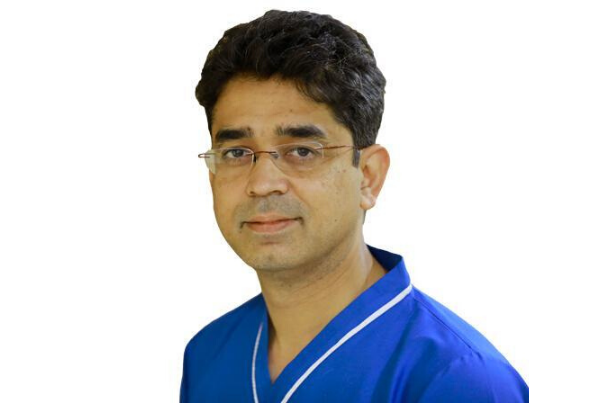The men practising the science of medicine are an esoteric lot who commanded a lot of respect. Till recently.
And then the virus struck!
And it showed the world the true picture.
It exposed the weaknesses of the white coat industry. The public at large now sees us as a vulnerable lot, frequently not at the top of things, experimental and perhaps a failing mess. A few may even have been disappointed at the chaos we generated. The highest body for health, the WHO – the highest body for health- has not shone either and may also have suffered a hole in its bag of credibility.
So, in this war between man and disease, have we lost the game? Has medical science claimed more than it could deliver? Have our achievements and experiments been in the wrong direction?
These questions would take experts and policymakers to do a lot of introspection and research to answer it comprehensively.
But there is one thing we could all agree. And it is about the true nature of science. It is indeed trials and errors that has been propelling it. There are more failures in the history of medicine than success. All students of medicine who read history know that. For every antibiotic that worked there are dozens which got nowhere beyond the lab. For every medical appliance that was tried, not all stood the test of time and safety.
But that is not what the public knows.
In the last few decades we have been overdosed with half-news comprising essentially of successes. Failures are hardly reported.
Let’s go through an example.
Most of us would remember reading more than two decades back that a sheep has been cloned. And that was good news for many patients especially for those waiting for organ transplant!
Right?
And where are we today with the cloning?
Nowhere. We have not seen or heard about cloning in clinical practice.
Why?
Because the news do not tell us that these are in experimental stage, are basically a trial and error endeavour, has huge technical issues and may not take off. Failures, of course, are not reported. At least, not in mainstream media.
The same is broadly true for many anti cancer therapy, surgical procedures, biologics, robotics, artificial intelligence and the list goes on.
This is the only field where news is made only around successes. It gives us humans a kick and a sense of pride and achievement.
Let’s take an example from another sphere.
If a rocket project went haywire, how long do you think the TV and newspapers will talk about it. Days and weeks perhaps.
Questions would be raised-
What happened?
Who is to blame?
How much money was lost or squandered?
Who was running the project?
But have you ever heard of a medical project or a trial about a drug or a treatment that failed and millions were lost?
I don’t remember reading or hearing one of those.
Somehow, failures of medical trials do not cut any ice with the news makers. And therefore, the public at large has a huge and unrealistic expectations from this sector.
This is also one of the reasons why patients expect so much from the clinical practitioners. And possibly why there is so much litigation, resentment and even mob violence in some parts of the world.
The medical science is conceived as something so infallible that if it does fail, there must be something wrong with the dispenser, not the science!
In that way, the COVID 19 has been a great leveller bringing reality to the forefront and eclipsing the incorrectly perceived supremacy of the white coats!
This equilibrium and balance should be welcomed!
It has the potential to restore sanity and see things as they are. Science is a logical attempt to rationalise this huge creation! It is approximate, frequently non-linear and hypothetical, always in evolution, and definitely not the final answer to everything.
But it tries. More than anything else.
And if we look around, mammoth efforts around us have already started to combat the virus. The search for antivirals, vaccines and rapid tests are all underway.
2020 may have been the worst year of the century so far but who knows!
This may be the year when Virologists started conquering yet another deadly disease.
It may also be the year when people started tempering their expectations from medical science! And started looking at scientists and especially doctors as humans who try to make a difference!


